Nigeria’s political landscape is currently grappling with significant challenges that threaten the unity and stability of its major political parties. The ruling All Progressives Congress (APC) and the main opposition Peoples Democratic Party (PDP) are both experiencing internal strife and external pressures that undermine their cohesion and effectiveness.
In recent months, the APC has witnessed a notable exodus of key members to the PDP, raising concerns about the party’s internal unity and future prospects. This trend of defections is not isolated to the APC; the PDP has also faced similar challenges, with several of its members leaving for the APC. These movements have intensified intra-party conflicts and highlighted the lack of ideological commitment among party members. The absence of clear ideological distinctions between parties has led to a culture of political opportunism, where allegiance shifts are driven more by personal gain than by policy alignment.
The lack of a coherent national identity in Nigeria and the overarching reliance on ethnicity, religion, and regionalism for political identity has historically accounted for electoral violence and attendant insecurity. The interplay of several forces such as the Muslim-Muslim ticket of the APC, regional politics between the PDP G5 governors (also known as the Integrity Group) and the PDP leadership, as well as the ethnic profiling of the LP presidential candidate as a regional leader of the southeast and a Christian faith candidate, could each trigger ethnic and religious clashes. In the southeast, eligible voters of northern origin are at risk of persecution by armed non-state actors, while Christian populations are faced with similar risks from extreme religious groups across northern Nigeria. Ethnicity could also be a major driver of electoral violence in Lagos state, as well as the southeast, northeast, and northwest zones.
The fragmentation of Nigeria’s political parties has been further exacerbated by the dominance of “godfathers” and patronage systems, which erode party independence and foster a culture of patronage politics. This system stifles democratic processes and undermines effective governance, making it difficult for the country to move forward in a cohesive and coordinated manner.
Additionally, the influence of political “godfathers” and patronage systems erodes party independence, leading to a culture of patronage politics where allegiance to influential individuals outweighs public accountability. This system stifles democratic processes and undermines effective governance, making it difficult for the country to move forward in a cohesive and coordinated manner.
The lack of ideological clarity and the prevalence of personality-driven politics have also contributed to the weakening of party structures. Many Nigerian political parties are criticized for prioritizing personal interests over genuine ideological commitments, leading to internal conflicts and inefficiencies in governance. This absence of a coherent philosophy results in frequent shifts in party allegiance, further destabilizing the political environment.
In summary, Nigeria’s political parties are facing a confluence of challenges, including internal fragmentation, ideological ambiguity, and external pressures, all of which threaten the unity and stability of the nation’s political system. Addressing these issues is crucial for the consolidation of democracy and the promotion of effective governance in Nigeria.

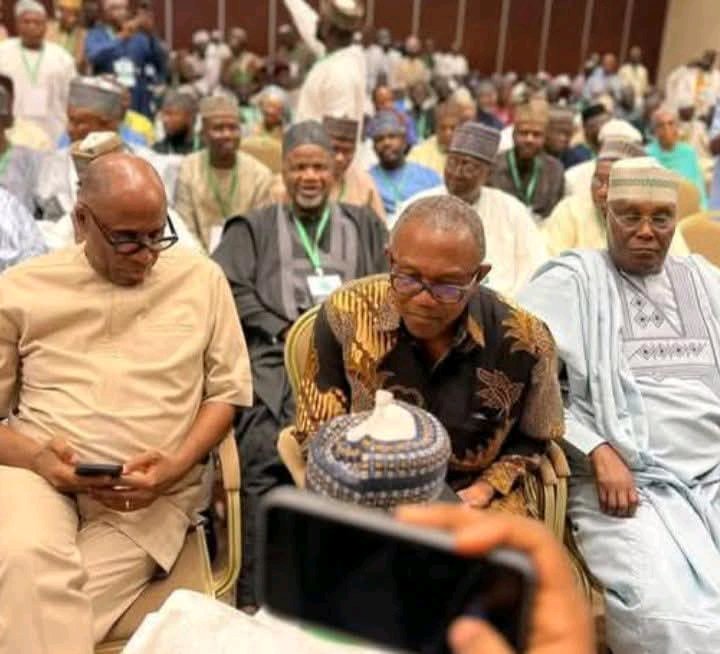

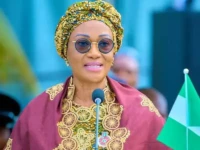
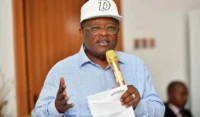
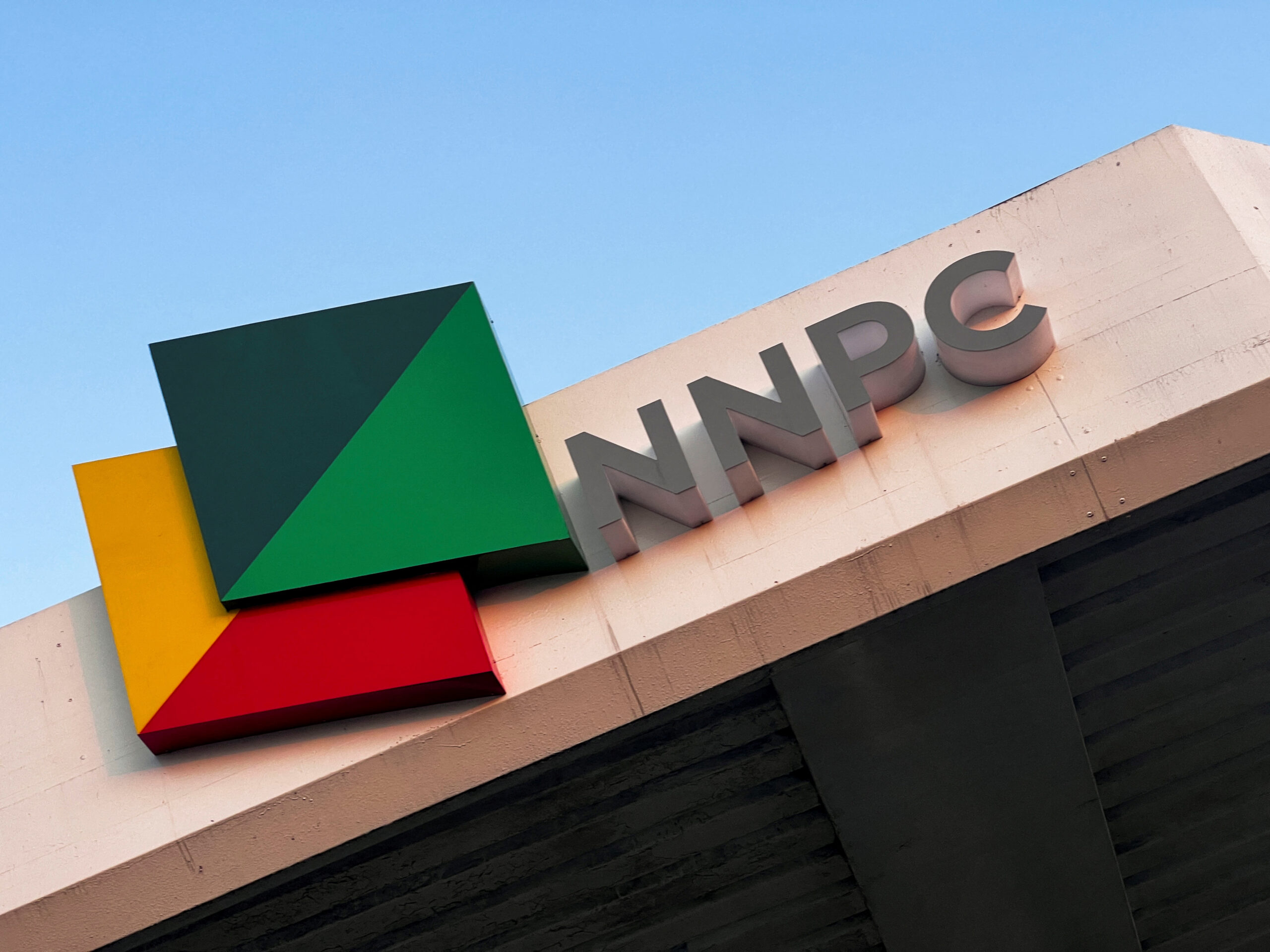
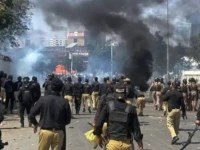

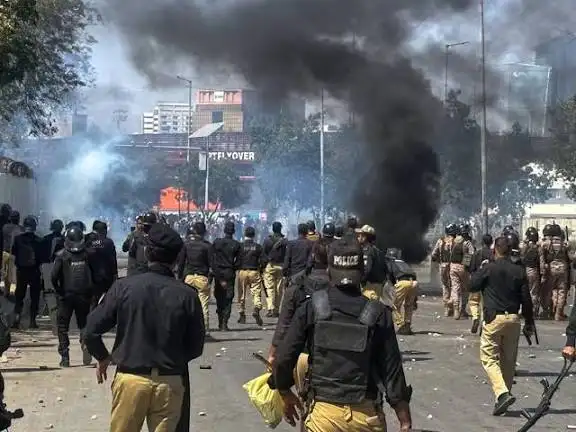
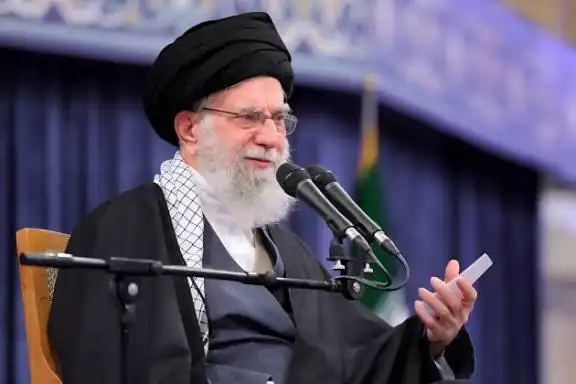
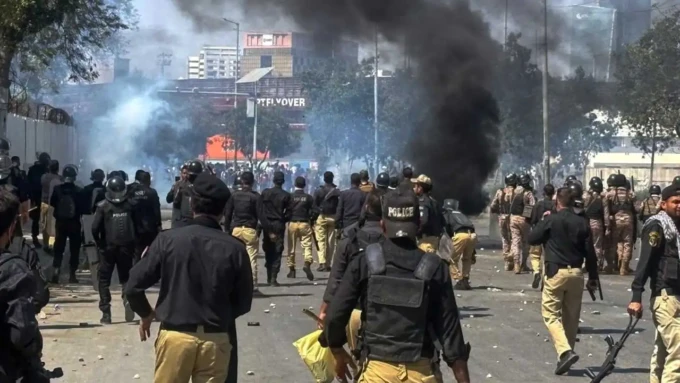

I believe that Nigerian political parties need to prioritize unity over division to truly serve the people. Its time for change!
Do political parties in Nigeria really prioritize unity over division? Lets discuss the complexities and implications of their internal dynamics.
I believe the key to Nigerias political stability lies in finding a balance between unity and diversity within political parties.
I think Nigerian political parties need to prioritize unity over division to truly serve the people. What do you all think?
Is unity really achievable in Nigerian political parties? Divisions seem deeply rooted. What do you think?
I think the key to Nigerian political parties overcoming challenges lies in embracing diversity while staying united. Can they find a balance?
Isnt it time Nigerian political parties put aside differences for the greater good? Unity over division, right?
I think the key to Nigerian political parties success lies in finding a balance between unity and diversity. What do you all think? 🤔